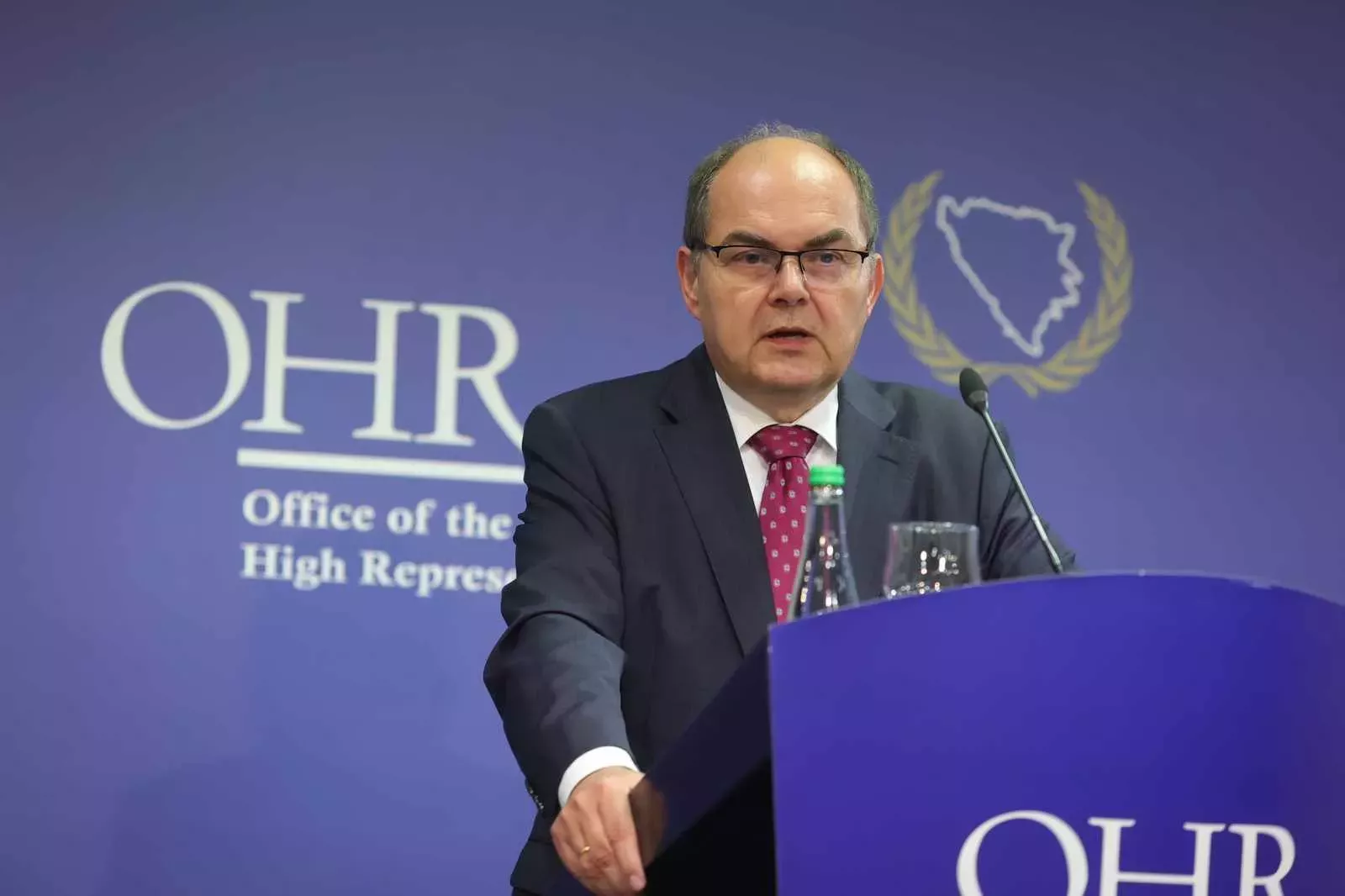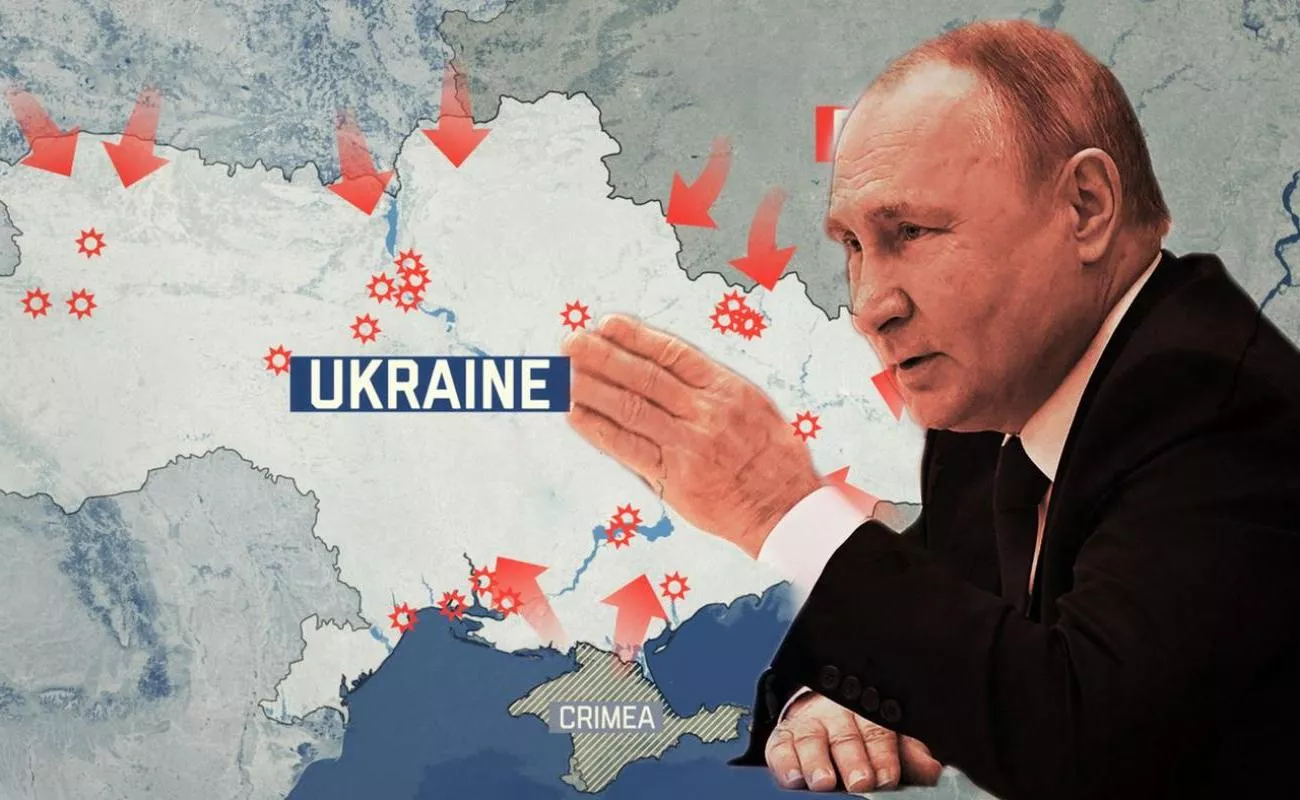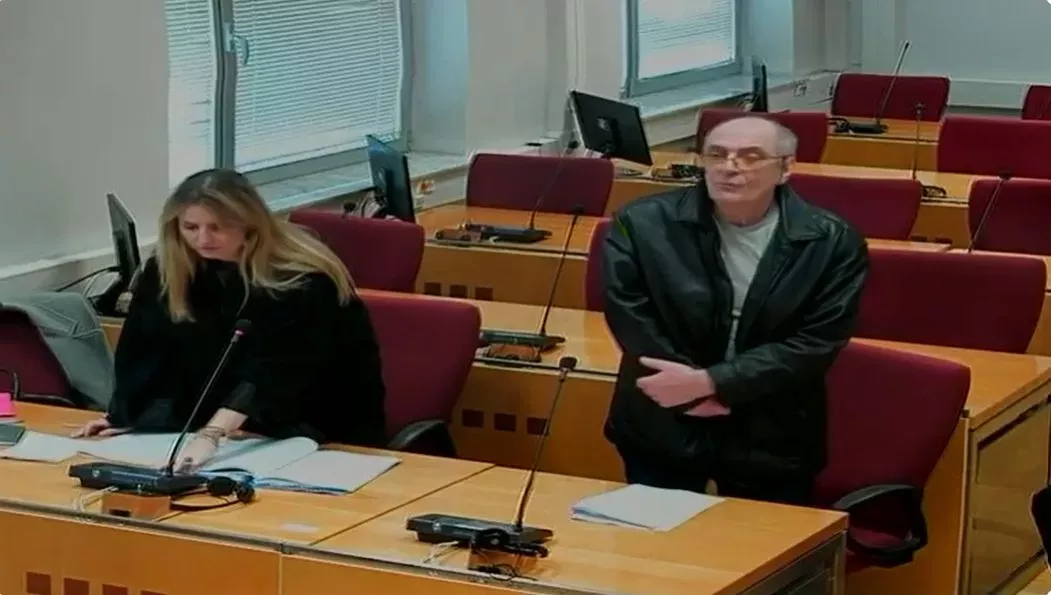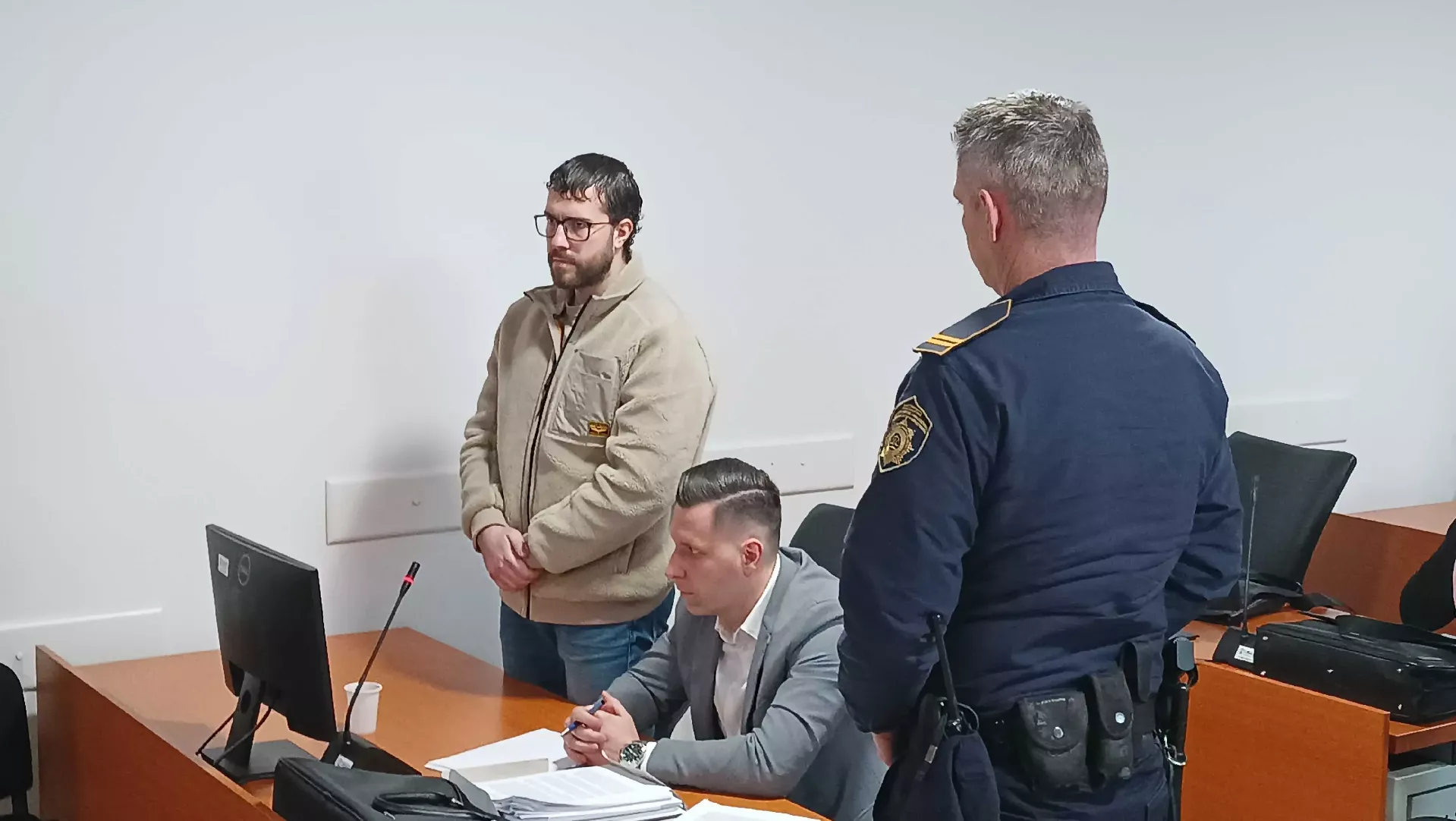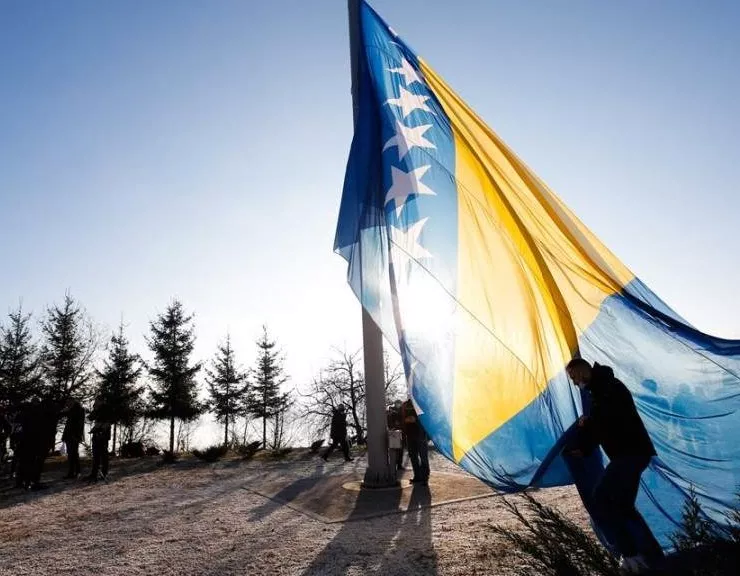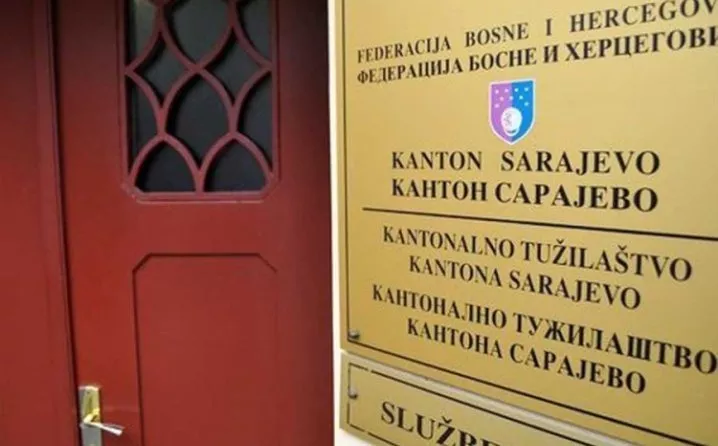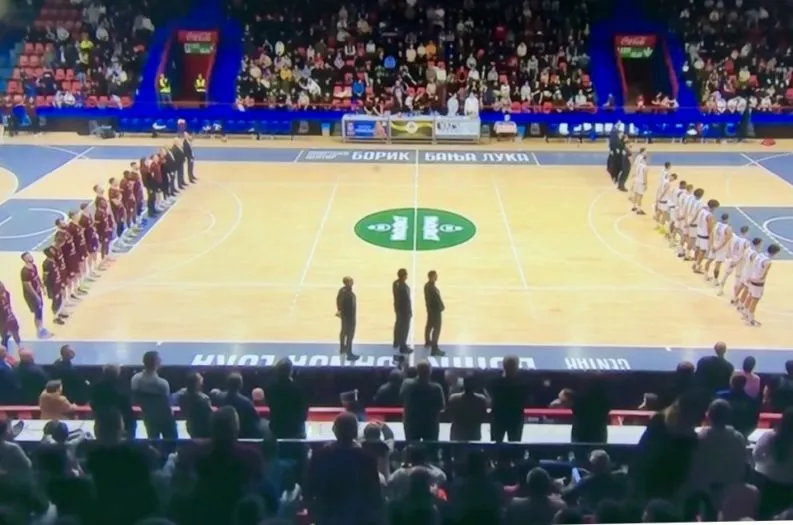

.jpg.webp)
By: Sead Omeragic
Recent statement by Mladen Ivanic, the member of BH Presidency, that he is not interested in the situation in the Federation BiH, annoyed the public. The statement is just one in a row of his radical views.
Ivanic said that in his capacity of the Chairman of the BiH Presidency. By making such a statement, he presented himself as some kind of entity field office in the top government body of BiH.
If Ivanic is the BiH Presidency member from Republika Srpska, that makes Dodik his president. Ivanic's leading position at the state level, and his secondary position in the entity, explain many (for him) unfortunate facts.
One of those facts is that his behavior and actions are directed from the RS. When he travels outside of BiH and talks to other country leaders, does he introduce himself as a representative of the RS or the first person of BiH? Are his views as the Chairman and the first person of BiH actually the views of the entity, which are neither mentioned in the Constitution nor in the guidelines and priorities of the BiH foreign policy?
Recently Ivanic met with Johannes Hahn, Commissioner for EU enlargement negotiations, and Jean Claude Juncker, President of the European Commission. The only conclusion drawn at the meetings which he decided to share with public was a warning that without closing OHR and departure of foreign judges from the Constitutional Court, BiH will not gain the candidacy status and begin negotiations. 'Foreigners' are problem for his president, too.
As if the EU integration is not dependent on those 'foreigners'. European leaders have committed to help BiH with questionnaire of the European Commission. It is a special favor as they have not done that for any other country. It should be clear to Ivanic which door to knock on.
It is absurd that Ivanic wants to go to Europe while his true president Dodik is doing everything to make this country depend on Serbia, Russia, and even on Austrian radical right.
The consequence of Dodik's deeds are foreigners in BH institutions. Dodik won't stop dividing this country, or threatening with withdrawing authority, secession, blackmailing, yet he keeps winning elections and referendums. The Alliance for changes, if one is to judge by Ivanic, has started following in his footsteps.
If the opposition in the Alliance for changes in the RS takes Dodik's radicalism as a means, then there's no chance for any kind of change. When Dodik recently called referendum, they were the first and the second runner-up of his politics. Is there any way out?
What is the solution then? Ivanic's sudden radical outbursts may seem the last defense before desperate economic situation and enormous debt of RS, double the size of the one in Federation. The standpoint of the opposition in the RS is rather interesting: they want a debate about the BiH Court as it is not taking action against Dodik. They speak about concrete acts by which he inflicted damage to both RS and BiH.
At the same time, Dodik acts uninterested. It's almost as if he wants to say: I told you so. Vukota Govedarica, the leader of SDS, also acts radically, requesting a new referendum in the RS - on judiciary.
In Federation, these games of the RS radicalism are not quite grasped, so they a priori reject them. The opposition would use the new referendum to disapprove the previous Dodik's (annulled) referendum, though it does not seem doable.
By doing so, the opposition, just like Dodik, speaks the only language acceptable to its public – blackmails and threats, even though they are for internal use only. In a recent TV debate, Ivanic proudly shared that his ancestors were on the side of antifascists.
One can say to Ivanic that he is chetnik, but everything in this country requires a broader interpretation.
One can't help but wonder if Ivanic, by way of his radical statements, is preparing to compensate for Dodik's departure, which has been on the horizon for some time.
If Ivanic's radical views are forced upon him, that only proves the fact that, for the most Serbs in the RS, he is the only trigger of radical behavior towards institutions and the state they are more than equal part of.
